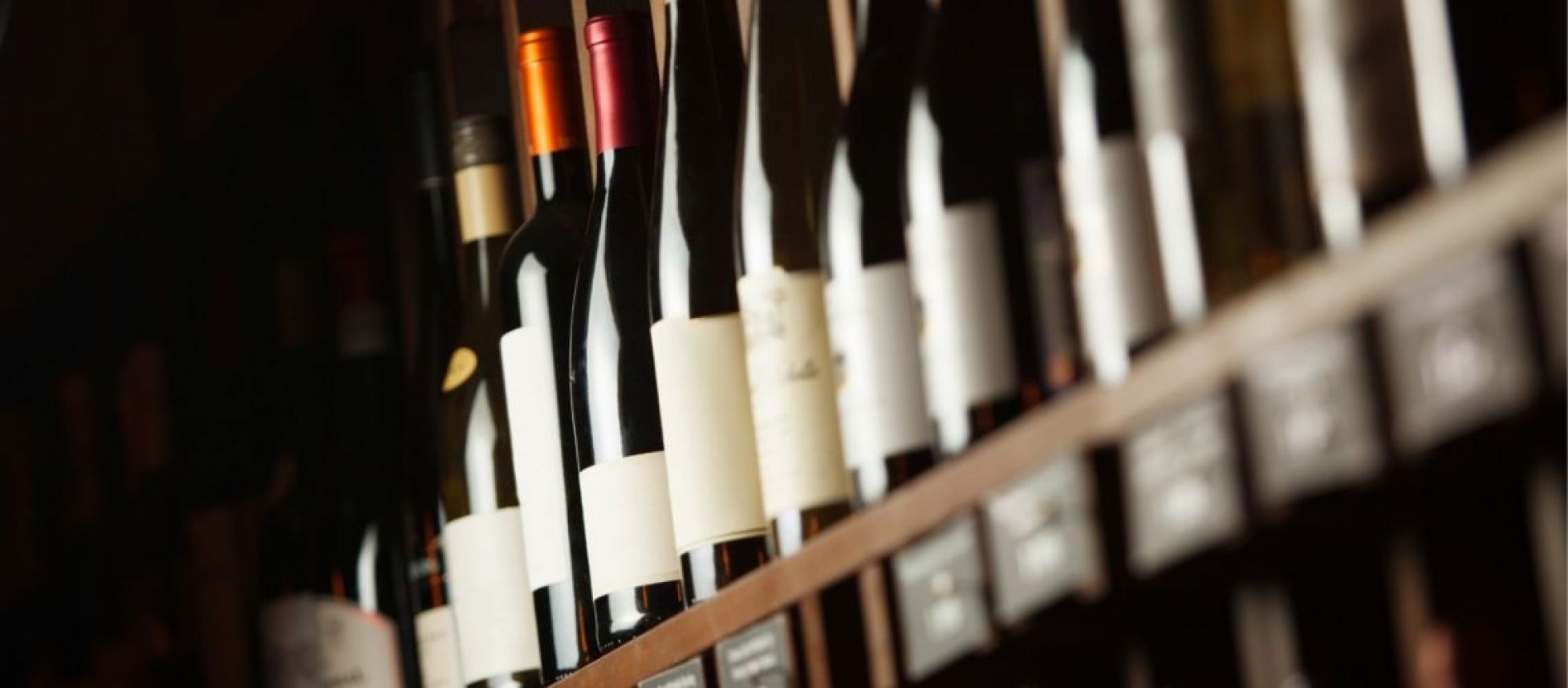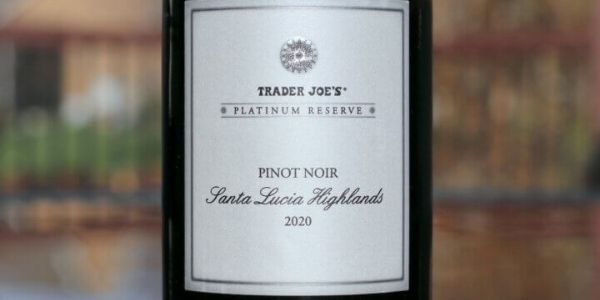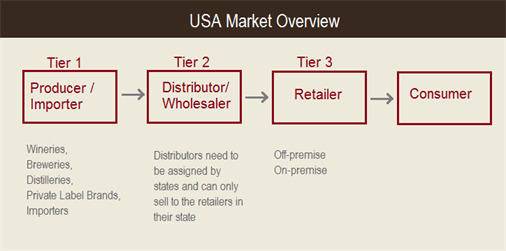Blog
Insights
Private and Control Labels In The 3-Tier Alcohol Distribution System Of The U.S.

Private and Control labels are taking a fair share of the U.S. alcohol market. Here are some interesting insights about their positioning and how they are affecting the 3-Tier Distribution System.
The 3-tier distribution system in the U.S. is a significant aspect of the alcohol industry. It controls the distribution and sale of alcoholic beverages and was mainly put in place to ban the unfair inducements to retailers. The 3-tier system is a 3 step process wherein every bottle passes from the Importer, Producer, or Distiller to the Distributor or Wholesaler and then on to the Retailer or Restaurant and Bar Owners. With so many states spread across, this system was put in place to individually regulate and tax alcohol in the entire U.S. Private and Control labels, their functioning and positioning in the market and their effect on the 3-tier distribution system are some of the interesting aspects that have been discussed in this article.
[[relatedPurchasesItems-49]]
Control Label and Private Label
Control and Private Label alcohols both revolve around the bottling and labeling system that differentiates them from the rest of the wines, spirits, and beers. As much as bottling and labeling are concerned, certain legalities differentiate them from one another enabling them to perform better in the 3-tier distribution system in the U.S. alcohol market.
A Control Label is one where the alcohol brand is owned and controlled by the supplier but is dedicated to one specific retail account. In this case, the product is manufactured according to the specifications of the retailer. This works according to the quality control agreement or the understanding between the supplier or manufacturer and the retailer. Since the control of the label lies in the hand of the supplier, they are the owner of all the Intellectual Property (IP). In this case, the retailer has control over the marketing and advertising of the product while the margins are controlled through the 3-tier distribution system.
A Private Label consists of 2 different types. One of the private labels is where a retailer establishment contracts with a manufacturer or producer to put their label or logo on a product that already exists. A very common example of these is sold in retail outlets like Trader’s Joe and Costco where they are sold under the signature brand name of the retailer. The other one is where the owner of the IP with the retailer’s name has the option of licensing the brand for broad market products.
In both cases, the brand is proprietary to the owner of the IP and the IP can be licensed to others for the production of the product. The IP owner has the opportunity to contract with different manufacturers for the production of the same product. It is usually sold in retail locations of the IP owner or IP license. Sometimes, it can also be sold in a broad market through an IP licensing agreement under the category of a Celebrity Label. Under this label, the royalty revenue is captured by a third party or a brand label and is often sold through one particular retail chain or one retailer.

Trader Joe’s Private Label Wine Image Source - Reverse Wine Snob
How do Private and Control Labels Function in the US Alcohol Market?
Based on the regulations of the distribution system, Private and Control label products have to be present in the broad market otherwise they have to be provided to all the retailers and not just one. According to the 3-tier distribution system, all the Private and Control label brands have to be delivered through the importers or wholesalers who often work at delivery margins that are low and range between 15 to 20% instead of full margins that are between 25-40%. With a lower margin attached to them, traditional distributors usually tend to withdraw themselves from these labels. Although, they are inclined towards shipping these Private and Control labels at a fixed per case fee for two reasons. One is the motive of filling their trucks and the other is lending favor to the retailer whose other products they are selling.
States in the U.S. have imposed laws that prohibit the wholesalers from discriminating amongst the retailers eventually leading to the availability of Private and Control label products to a broader market.
Are Private and Control Label a Threat to the 3-Tier Distribution System?

3-Tier Distribution Network in the U.S.; Image Source - Beverage Trade Network
With the increasing volume of Private and Control label brands, they are estimated to account for 40% of the total US market volume. Due to the product planning and uniformity of offerings, Private and Control labels are offering better value to the consumers. They even allow retailers to have more control over their supply chain.
The increasing number of Private and Control label brands are fear to the wholesalers as the distributors now have actual control over the supplier and retailer relationships. With states permitting a certain percentage of self-distribution to wineries and breweries, the direct-to-consumer sales are even increasing and the 3-tier system is slowly diminishing. The small producers have more control over their production and can effectively distribute their products through these channels.
With the 3-tier system not being in place, the products can be self-distributed through Private and Control labels or quite small brands without the support of the wholesaler leading to an increasing retail account relationship. There tends to be a battle between the wholesaler and retailer tier in the off-premise setting due to the presence of so many SKUs with the wholesaler. They face difficulty when it comes to servicing and managing the brands. Thus, the main focus of the US market lies in designing an integrated delivery model where every tier has a role and technology drives innovation.
With Private and Control Labels put in place and being incorporated in the 3-tier distribution system, the focus lies in preventing the domination of the retailer tier by the suppliers, encouraging healthy competition, providing value and efficiency to retailers.
Article by Shreya Kohli, Beverage Trade Network
Header Image Source - The Nimble Bar Co.
2024 Exhibitor registration is now open. Get in early at the lowest price and select your table first. See exhibitor pricing.

